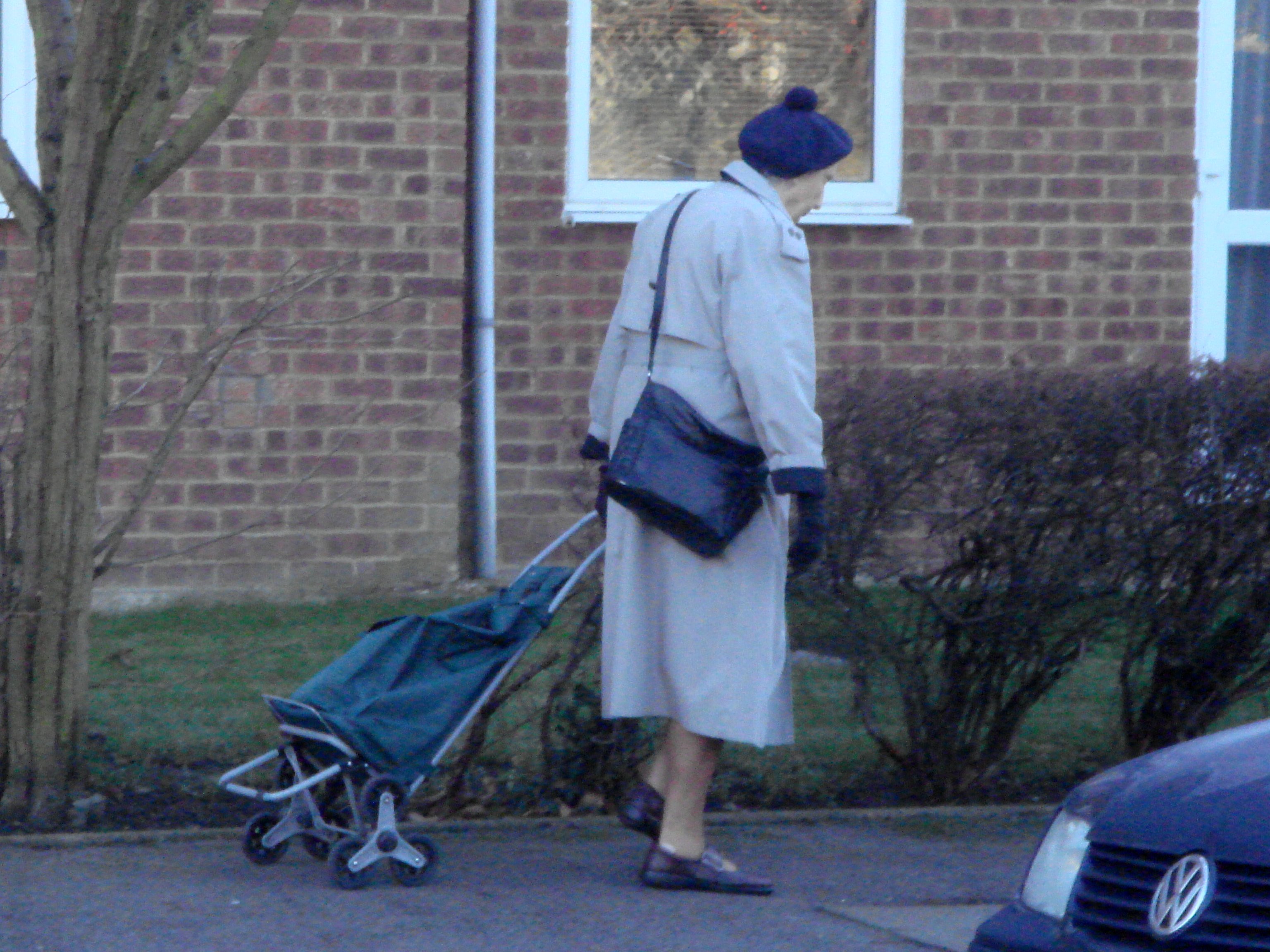
11 Oct When your older parent refuses help
Photo: CarolinaJG/morguefile.comQ. My mother is a widow and she lives alone. She’s starting to have trouble getting around and keeping her house clean. I worry about her eating. She refuses to have help in the house. How can I convince her to let me hire someone part-time to help her?
— Trying
A. We’re glad to hear you want to help your mom, but this can be a dicey situation.
As our parents are living longer and longer, a tension often develops between the kids who want to know that mom and dad are safe, and the parents who above all, prize their independence, said Nancy Heslin Reading, an estate planning attorney with Reading Law Firm in Newton.
It will be us someday, and it’s good to remember that, she said.
When our time comes, how would we want to be approached?
“For many of us, the only thing that we will want help with is remaining independent as long as possible, so start there,” Reading said. “Look for an opportunity to open the conversation.”
Perhaps there’s a relative, neighbor or friend who is living alone but can’t go home after surgery because no one is at home to nurse him/her back to health, or someone you know takes a fall, she said.
Say: “You know, Mom/Dad, this has really got me thinking. Let’s give some thought to making sure this doesn’t happen to you.”
Reading said a good plan addresses two questions: who will provide the help and how will we pay for it?
The first step while your parent’s mind is clear is to get a durable power of attorney.
“This document is critical because the document allows the senior to choose who it will be who will help him/her with financial decisions should they need such assistance either temporarily or permanently,” Reading said. “Lawyers can provide this document, and some banks and brokerage houses have their own.”
Also get a healthcare proxy.
“The power of attorney only applies to finance,” Reading said. “The proxy appoints a person who can talk to your doctors, see medical test results, and talk to the nurses if you are in the hospital.”
After you make sure these documents are in place, research what professionals in your area are resources for you.
“Mom or Dad may already have a financial advisor, but a retirement planner is in order when making the transition from saving to relying on savings,” she said. “The money needs to be invested differently.”
While seniors often have doctors they have had for a long time, Reading said you should look for a geriatrician in your area.
“A geriatrician is a physician who focuses his or her practice solely on seniors and they bring a great deal of experience to the table,” she said. “They know which drugs effect seniors differently, and which illnesses present differently in seniors.”
You should also look for a geriatric care manager.
“You may never need one, but if you do it will likely be in an emergency when you do not have time to do your research,” Reading said. “He or she will know the resources in your area, and help you make plan, whether it is to bring mom or dad home from the hospital or get them out of the home and into a residential care setting.”
You should also consider locating an elder law attorney even if your parents already have one.
Elder law attorneys are trained to spot the elder law issues in routine transactions like real estate transfers or gifting, she said. Also, they often work informally with a network of geriatricians, retirement planners and geriatric care providers and can recommend good people.
If your parents don’t have the resources to assemble a team of professionals, investigate what is offered through the county Board of Social Services for seniors.
“Check out whether any Section 8 (subsidized) senior housing is available in your area, and how to get energy assistance in the winter and Meals on Wheels if you are concerned about weight loss,” she said. “Also, look for a local chapter of the Caregiver Coalition if you find yourself increasingly in the role of the caregiver for your parent.”
Some parents will welcome this conversation, but as you’ve found, many will not.
“Unfortunately, seniors with dementia can’t have this conversation,” she said. “We are on our own. Try to collect information before an emergency happens.”
Also recognize that some people are planners and others are not. If mom or dad have never been inclined to do much planning, it isn’t likely they will start now, Reading said.
“You may be on your own to gather the information and find the resources that are available so that it is at your fingertips if the time comes when it is needed,” she said.
Email your questions to .
This post was originally published in October 2017.
NJMoneyHelp.com presents certain general financial planning principles and advice, but should never be viewed as a substitute for obtaining advice from a personal professional advisor who understands your unique individual circumstances.
